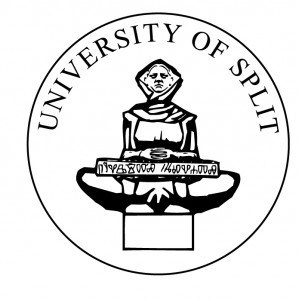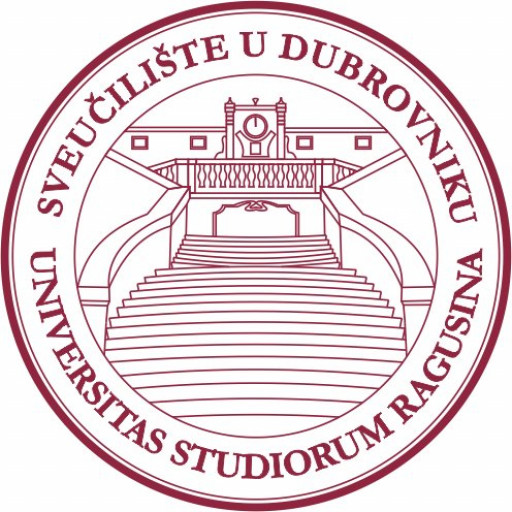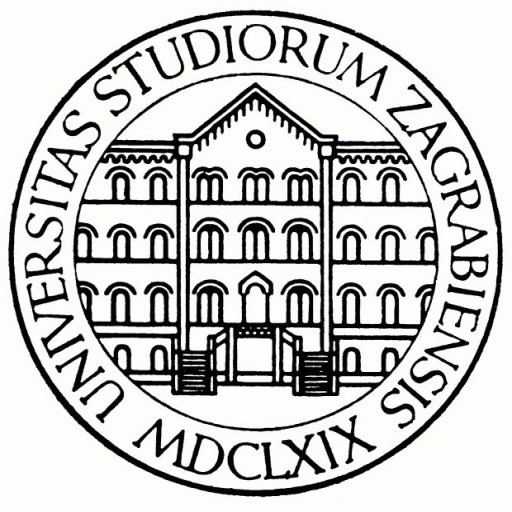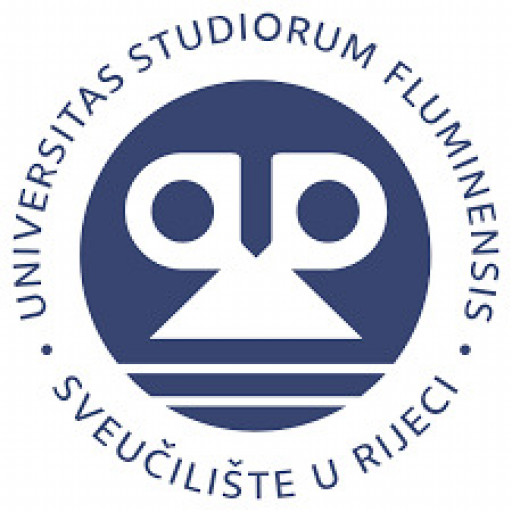Photos of university
The Architecture and Urban Planning in Mediterranean Environment undergraduate program at the University of Split offers students an interdisciplinary and comprehensive education in the fields of architecture, urban planning, and environmental design, with a special focus on the unique characteristics and challenges of the Mediterranean region. Designed to prepare future professionals for sustainable development and innovative design, the program emphasizes both theoretical foundations and practical skills necessary for shaping human habitats that harmonize with the natural ecosystem and cultural heritage of the Mediterranean area.
Throughout the program, students are introduced to modern architectural concepts, urban planning strategies, and environmental considerations tailored specifically to Mediterranean climates and landscapes. The curriculum covers a wide range of topics, including architectural design, urban morphology, landscape architecture, sustainable building technologies, historical preservation, and regional planning. These courses equip students with the ability to analyze complex urban systems, develop innovative design solutions, and implement environmentally sensitive projects that respect the cultural identity and ecological integrity of Mediterranean environments.
The program also prioritizes hands-on learning through studio-based projects, workshops, field visits, and internships with local authorities and design firms. Students gain valuable experience working on real-world problems, such as balancing urban growth with heritage conservation, addressing climate change impacts, and creating resilient and adaptive urban fabrics. In addition, the program fosters critical thinking and interdisciplinary collaboration, encouraging students to consider social, economic, and ecological aspects in their design processes.
Graduates of the Architecture and Urban Planning in Mediterranean Environment program are well-prepared for careers in architecture firms, urban planning agencies, governmental institutions, and environmental organizations. They are equipped to contribute to sustainable urban development, landscape design, heritage conservation, and environmental management, both within the region and internationally. With a strong foundation rooted in regional characteristics and global standards, students emerge as innovative professionals capable of designing environmentally responsible spaces that enhance the quality of life in Mediterranean communities.
The Architecture and Urban Planning in Mediterranean Environment program at the University of Split offers a comprehensive and interdisciplinary curriculum designed to prepare students for addressing the unique challenges and opportunities associated with architecture and urban development in Mediterranean regions. This program emphasizes the integration of historical, cultural, environmental, and technical aspects of designing sustainable and aesthetically pleasing built environments that respect local traditions and natural landscapes. Throughout their studies, students explore a wide range of topics including architectural design, urban morphology, landscape architecture, environmental planning, conservation of cultural heritage, and the use of innovative technologies in architecture. The curriculum combines theoretical knowledge with practical skills, encouraging students to develop creative solutions tailored to Mediterranean climatic conditions and cultural contexts. Students gain hands-on experience through design studios, field trips, workshops, and internships that connect academic learning with real-world applications. The program also focuses on sustainable development principles, promoting environmentally responsible practices in architecture and urban planning. Students are introduced to contemporary challenges such as urban sprawl, climate change, resource management, and social inclusion, preparing them to contribute effectively to the development of resilient and vibrant communities in Mediterranean environments. The program aims to cultivate a deep understanding of regional architectural identities while fostering innovative approaches that can be applied globally. Graduates of this program are equipped with the knowledge, skills, and sensibilities necessary to pursue careers in architecture, urban planning, conservation, and related fields, both in Croatia and internationally. The program’s multidisciplinary approach and focus on Mediterranean-specific issues make it a unique educational experience for aspiring architects and urban planners dedicated to sustainable development and cultural preservation in Mediterranean regions.
Program requirements for the Architecture and Urban Planning in Mediterranean Environment at the University of Split typically include a high school diploma or equivalent, with a focus on subjects such as mathematics, physics, and art or technical drawing. Applicants may be required to pass an entrance exam or assessment that evaluates their aptitude in spatial awareness, technical drawing skills, and general knowledge of architecture and urban planning concepts. Proficiency in English or Croatian language may be necessary, depending on the language of instruction, and applicants might need to demonstrate language proficiency through standardized tests like TOEFL or IELTS.
Candidates should submit a completed application form along with all necessary supporting documents, including high school transcripts, proof of language proficiency, and a motivation letter explaining their interest in the field of architecture and urban planning. Prior experience or portfolio demonstrating artistic or technical skills could strengthen an application, although it may not be mandatory. Some programs might also consider applicants’ extracurricular activities or relevant work experience.
Once admitted, students are expected to meet ongoing academic requirements, such as maintaining a minimum GPA and participating in practical projects, studio work, and internships. The curriculum often combines theoretical coursework, including architectural history, urban design, environmental considerations specific to the Mediterranean region, and technical training. Practical skills are emphasized through studio work, site visits, and collaborative projects, fostering a comprehensive understanding of designing within Mediterranean environmental contexts. To graduate, students usually need to complete a final thesis or design project demonstrating their ability to integrate architectural principles with regional environmental concerns. No specific prerequisite coursework is generally defined beyond secondary education, but aptitude for spatial design and technical drawing are highly valued.
The financing of the Architecture and Urban Planning in Mediterranean Environment program at the University of Split is primarily structured through a combination of domestic and international funding sources, as well as tuition fees paid by students. The program benefits from the Croatian national higher education funding mechanisms, which allocate government resources to support both domestic and international students enrolled in accredited programs. Additionally, the university actively participates in the European Union's Erasmus+ program, allowing students to participate in exchange programs across Europe, which often includes financial support for mobility and study periods abroad.
Students may also have access to various scholarships, grants, and financial aid programs offered by the Croatian government, the University of Split, or private foundations dedicated to supporting students in architecture and urban planning fields. These scholarships are generally awarded based on academic merit, financial need, or specific criteria related to the field of study or research project proposals.
For international students, tuition fees are established according to the regulations of the Croatian higher education system and the policies of the University of Split. These fees are competitive compared to other European institutions and are delineated clearly on official university documentation. The university also offers financial counseling to prospective and current students to assist them in navigating available funding options and managing their educational expenses.
Research grants and project funding also form an important part of the program's financing. Faculty members involved in EU-funded research projects or collaborations often attract external funding, which not only enhances the research infrastructure but also creates opportunities for students to participate in funded research activities. These opportunities may include stipends, project-based scholarships, or paid internships.
In summary, the program's financing structure is multifaceted, integrating government funding, EU grants, tuition fees, scholarships, and research grants. The university’s commitment to providing financial support and establishing partnerships ensures that students can pursue their studies without undue financial hardship, fostering the development of highly qualified professionals in architecture and urban planning within the Mediterranean environment.
The Architecture and Urban Planning in Mediterranean Environment program at the University of Split offers a comprehensive educational experience focused on the design, planning, and development of built environments within Mediterranean contexts. This program emphasizes the unique geographic, climatic, cultural, and historical features of Mediterranean regions, preparing students to address specific challenges related to sustainable development, cultural heritage preservation, and urban resilience. Students gain a solid foundation in architectural design, urban planning principles, environmental considerations, and regional specificities, fostering an integrated understanding of how built environments interact with natural landscapes and social dynamics. The curriculum includes theoretical courses, practical workshops, and studio work that simulate real-world projects, encouraging creativity and technical proficiency. Emphasizing sustainable practices, the program educates students on energy-efficient design, ecological sensitivity, and resource management suitable for Mediterranean climates, which are characterized by hot, dry summers and mild, wet winters. Fieldwork and study trips are integral parts of the program, allowing students to explore Mediterranean cities and landscapes firsthand, gaining insights into regional architecture, urban morphology, and ecological challenges. The program also promotes interdisciplinary collaboration, encouraging students to work with specialists in environmental science, cultural heritage, and civil engineering. Graduates of this program are equipped to work in various sectors, including urban design firms, governmental agencies, cultural heritage organizations, and environmental consultancy, both within Croatia and internationally. The faculty consists of experienced academics and professionals who are dedicated to fostering innovative and responsible architecture and urban planning practices suited for Mediterranean environments. Through this program, students develop critical thinking, technical skills, and a deep understanding of regional-specific issues, preparing them to contribute meaningfully to the sustainable development of Mediterranean cities and landscapes.




